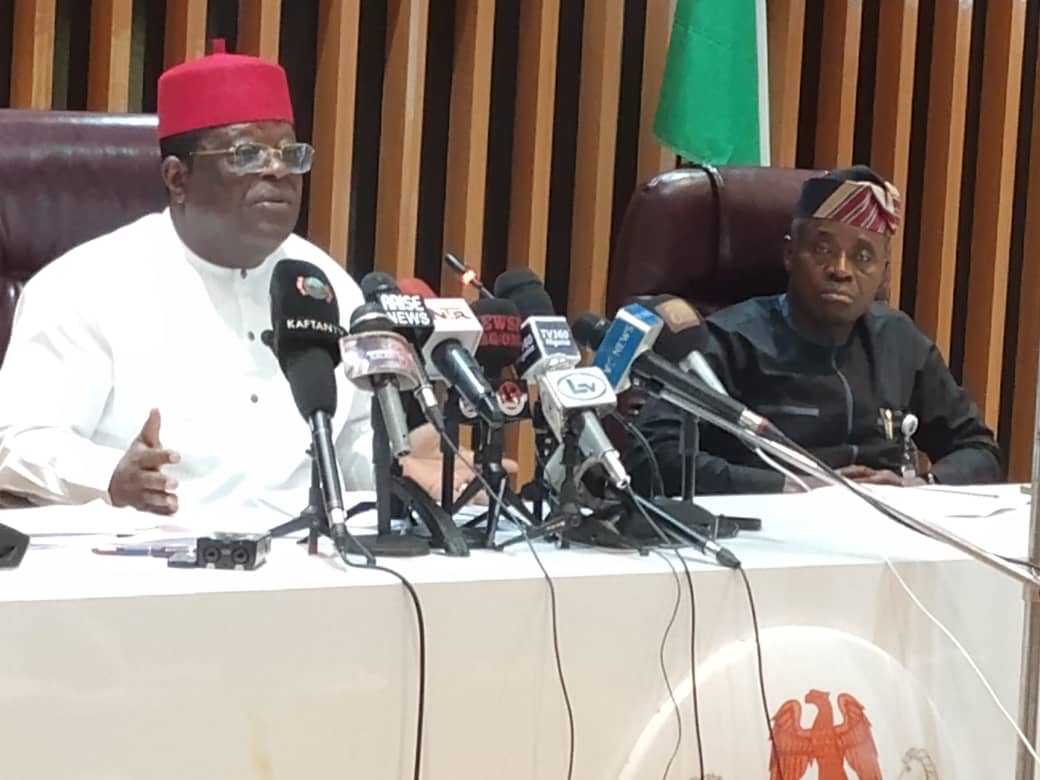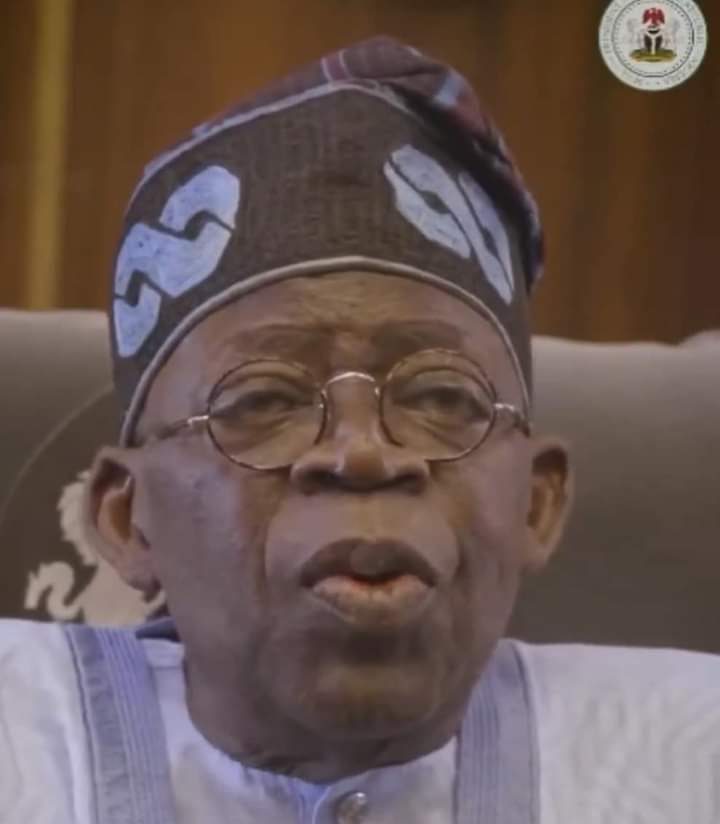
Economic Hardship: Massive Job Losses As Over 15 Multinationals Exit Nigeria
As Nigeria battles an economic crisis sparked by the government’s twin policies of petrol subsidy removal and unification of FX windows, United Kingdom-based Diageo joined about 15 other multinational companies that have exited the country in the past three years.
Diageo is the latest to announce its departure on Tuesday, June 11 when it said it will sell its 58.02% stake in Guinness Nigeria to Tolaram.
Diageo joins others like Kimberly-Clark, manufacturers of Huggies and Kotex brands of diapers; US-based Procter and Gamble (P&G); GlaxoSmithKline (GSK); Unilever and Sanofi-Aventi Nigeria, who are either exiting completely or reducing their exposure in a country facing its worst cost-of-living crisis in decades.
Unilever Nigeria announced its exit from the home care and skin cleansing markets in Nigeria in November 2023, saying it did so “to find a more sustainable and profitable business model.”
Procter & Gamble was the last to announce its exit from the country the same year.
Similar reasons given by these and other companies include high energy costs, currency depreciation, insecurity etc.
The Federal Government itself acknowledged these challenges in an interview granted by Minister of Finance, Wale Edun on Channels Television’s Sunday Politics programme, where he said “lack of a liquid foreign exchange market was the major reason why some multinational companies exited Nigeria,” explaining that the inability of the exiting multinationals to access foreign exchange was a major impediment to their operations in the country.
Weighing-in, the Director-General of Nigeria Employers’ Consultative Association, NECA, Adewale Oyerinde, disclosed that at least 15 multinationals have either divested or partially closed operations in the country in the last three years.
Oyerinde, in his assessment, stated: “Over 15 organisations, with a combined value-chain staff strength of over 20,000 employees, have either divested or partially closed operations,” lamenting that this has “dire consequences not only for organised businesses but also for labour, government revenue and the households; massive job losses across sectors, which would continue to create insecurity challenges”.
Oyerinde added, “When NECA examined the exit of prominent companies like GSK, Sanofi, Procter & Gamble, Nampak, and others, who had been doing business in Nigeria for decades and were huge employers of labour, it was worried about the ripple effect on the broader business ecosystem.
“Within the value chain, numerous enterprises serve as suppliers to these major corporations, and their sustainability is significantly compromised when the primary businesses they cater to face extinction.
“The survival prospects of these secondary businesses are at stake, and their employees are also at risk, as the departure of the main clients could lead to their demise. The crisis within the value chain deserves more attention than it currently receives”.
Other sectoral group leaders and analysts maintain that the continuous exit of multinational firms would dampen Nigeria’s $1trn GDP target of President Bola Tinubu’s administration.
The President had, at the 29th Nigeria Economic Summit in Abuja, told business leaders and Nigerians that Nigeria’s economy can grow to $1 trillion by 2026.
Analysts believe the persistent exit of multinational companies from the country is set to impact negatively on this target.
Data from the National Bureau of Statistics (NBS) revealed that the performance of the GDP in the first quarter of 2024 was driven mainly by the services sector, which recorded a growth of 4.32 per cent and contributed 58.04 per cent to the aggregate GDP, whereas the nominal GDP growth of the manufacturing sector in the first quarter of 2024 was recorded at 8.21 per cent (year-on-year), 9.64 per cent points lower than the figure recorded in the corresponding period of 2023.
Real GDP growth in the manufacturing sector in the first quarter of 2024, on its part, was 1.49 per cent (year-on-year), lower than the same quarter of 2023.
Reacting to this, President of the Manufacturers Association of Nigeria (MAN), Otunba Francis Meshioye said, “MAN expects the government to frontally address insecurity, improve electricity supply, promote fiscal sustainability and ensure policy consistency.
“Among other priorities, the fiscal authority must also lend supportive measures by adequately incentivising the manufacturing sector and other productive sectors.
“This is very important to boost non-oil export earnings in addition to the increase in oil export proceeds occasioned by increased oil production, rising global oil prices and the coming on stream of the Dangote Refinery”.
Director-General of Lagos Chamber of Commerce and Industry (LCCI), Dr. Chinyere Almona, also speaking on the issue, said: “Over the last few months, there has been a consistent increase in exit plans or a reduction in involvement in the Nigerian market by the multinationals, and this trend is worrisome.
“We have seen the likes of Unilever Nigeria, GlaxoSmithKline, and recently now Guinness Nigeria Plc.
“In Nigeria, lingering foreign exchange scarcity, poor power supply, port congestion, multiple taxation, insecurity, and poor infrastructure, among others, have taken a toll on many businesses in the country.”
The chamber recommended that the government should implement measures to stabilise and ensure the availability of foreign exchange for businesses, particularly those operating in dollar-denominated environments, also imploring the government to create a more flexible and transparent foreign exchange policy to address scarcity issues.
“Further, the Chamber urges the government to engage multinational corporations and the business community to understand their challenges and gather input and feedback on policy decisions to collaboratively develop solutions that will forestall the exodus of businesses from Nigeria. The CBN should prioritise the stability of the country’s currency and adopt the right policy mix to ensure price stability,” Almona said.
National President of the Association of Small Business Owners of Nigeria, ASBON, Femi Egbesola, maintained that multinationals are among the companies that contribute largely to the country’s GDP and earnings.
“We cannot be talking of growing our economy when the real investors are leaving. Assuming they are leaving and the indigenous ones are increasing, it would have been a different thing. But that is not the case. You make income as a nation when you have investments and investors,” he said.
However, since the coming of the Tinubu administration, Tinubu and Edun, among others, have been speaking on efforts being put in place towards revamping the economy, encouraging Foreign Direct Investment (FDI) and also making local industries vibrant and competitive.
Whether the assurances of Edun, who, on the Channels Television’s Sunday Politics programme, said, “recent executive orders signed by President Bola Tinubu have improved the investment climate … and also disclosed that tax reform proposals aimed at simplifying doing business for local and foreign manufacturers are being considered as part of an Economic Stabilisation Package,” would stem the flow of multinationals exiting the country, only time will tell.







